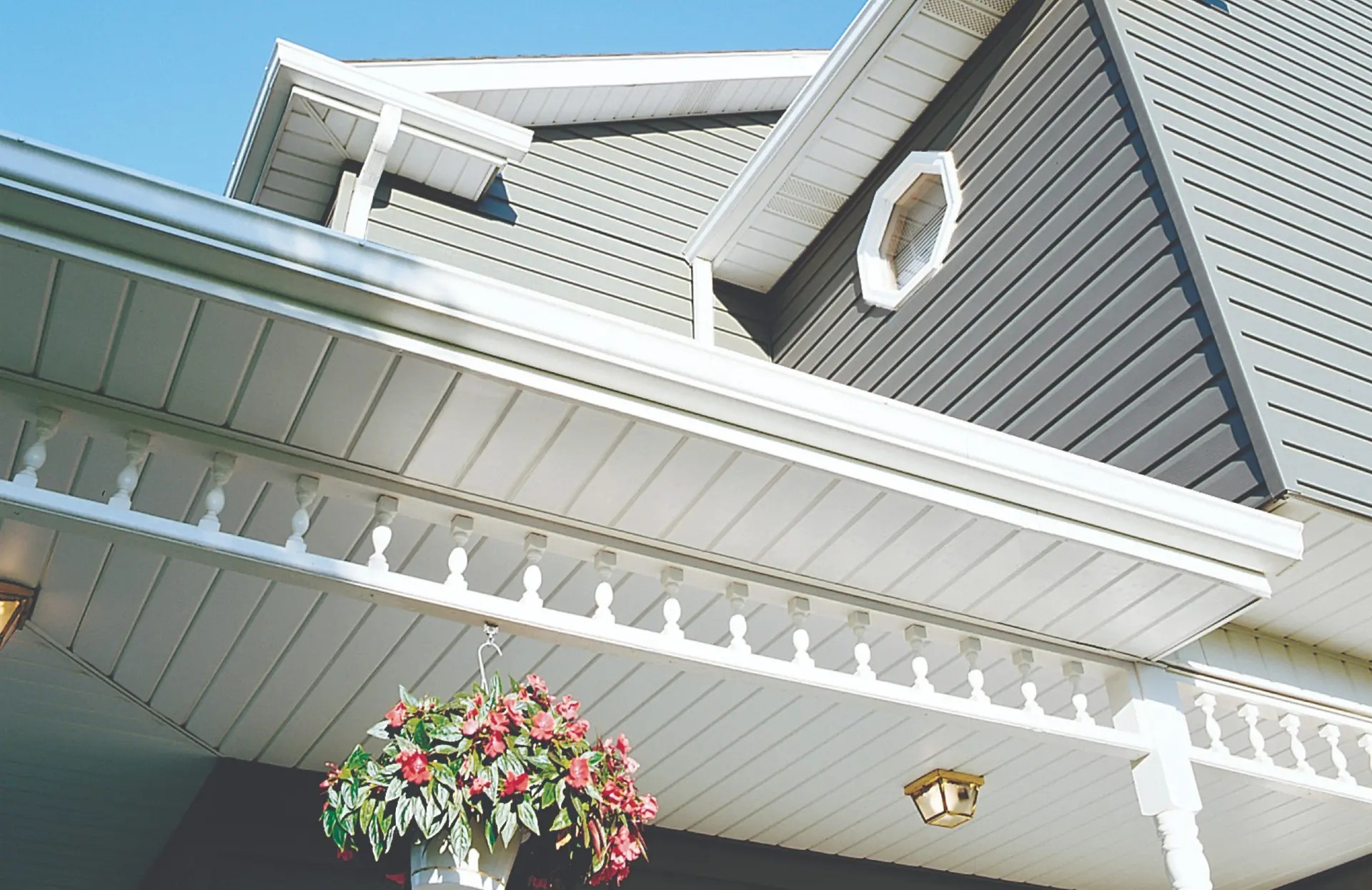Converting a loud room into a silent sanctuary consists of using soundproof methods that reduce excessive noise and provide tranquility. Below, detailed benefits of wall soundproofing into various methods of soundproofing, their respective advantages, and the factors that should be taken into account to create a more peaceful living or working environment.
The Basics of Soundproofing
Controlling the transmission of noise, reducing further, or normalizing background sounds. Soundproofing is an entire body of work that involves both airborne noise and impact noise, which are noises caused by how sonic and ultrasonic waves interact in physical contact with surfaces.
Soundproofing Techniques
- Wall Insulation: Insulating materials installed within walls reduce noise transmission between rooms or from exterior sources, soundproofing a room. Improve sound isolation Use dense materials such as fiberglass, mineral wool, or acoustic foam to enhance acoustic comfort.
- Ceiling Treatments: Because ceilings can serve as a good sound pathway, it is very likely that the noise passes through. Acoustic tiles, also known as panels—even suspended ceilings (well, never have to be basic)—can mitigate airborne noise from the sirens and honking outside.
- Flooring Solutions: Carpets, rugs, and underlayment with sound-damping properties can help reduce the impact noise that activities such as footsteps or moving furniture generate. Cork or rubber are dense materials that provide excellent impact noise reduction and soundproofing between floors.
- Factors for Implementation: When applying soundproofing tactics, we advise you to consider your finances, the construction of the working room, and ideally, secret acoustics. In most cases, professional consultation will be necessary for complex installations or those that require structural modifications.
The benefits of soundproofing
Benefits of good soundproofing quality sound absorption techniques have, with time, proven themselves to be useful and lifesaving.
- Sound privacy: Reducing noise transfer also enhances sound privacy by muffling the sounds that carry into a given space.
- Enhanced Focus: In areas like offices, classrooms, and study spaces, quiet environments allow for better concentration, resulting in increased productivity. Noise exposure can lead to less nuisance, potentially lower stress levels, and better health outcomes, such as improved concentration when working from home or more relaxed sleep, which can enhance life satisfaction.
Soundproofing methods serve as the default isolation systems in rooms, transforming them into a peaceful and quiet sanctuary by reducing unwanted noise and fostering peaceful interior spaces. From your home to any office or classroom, benefits of wall soundproofing having a proper soundproofing system can make significant differences in comfort level, increase privacy between people, and improve the quality of the acoustics.





